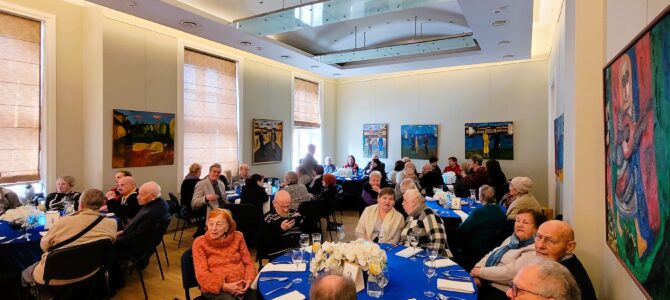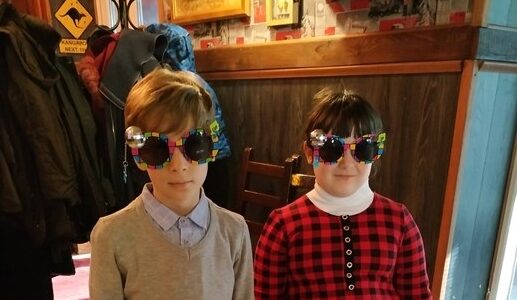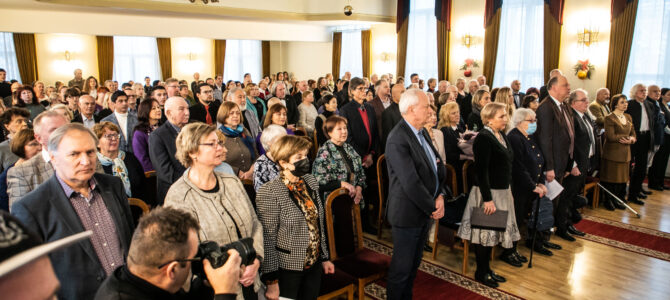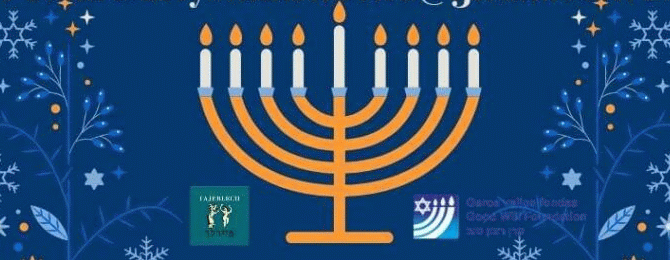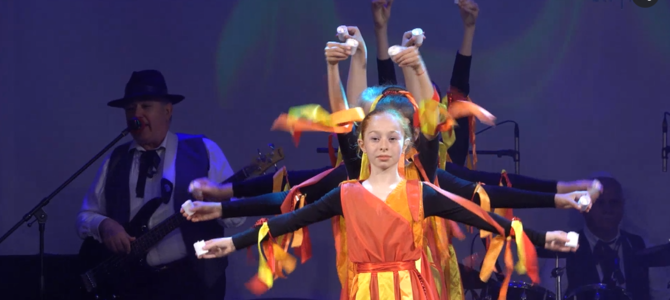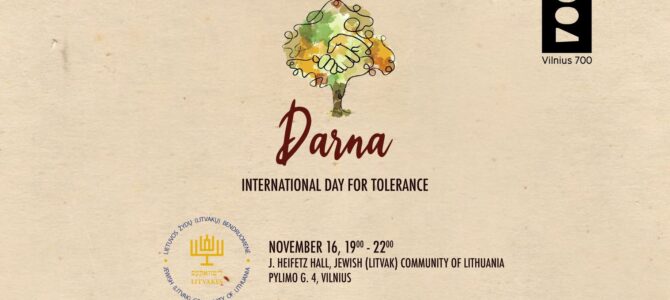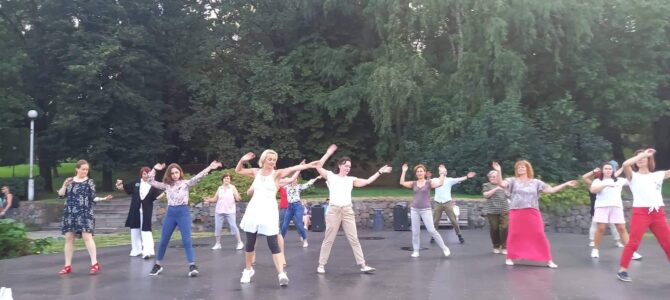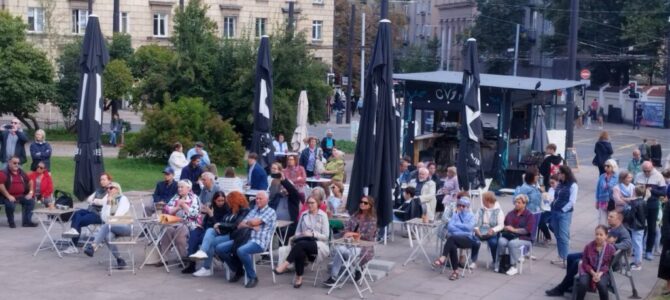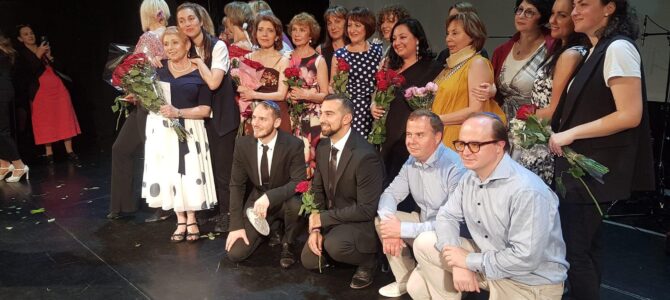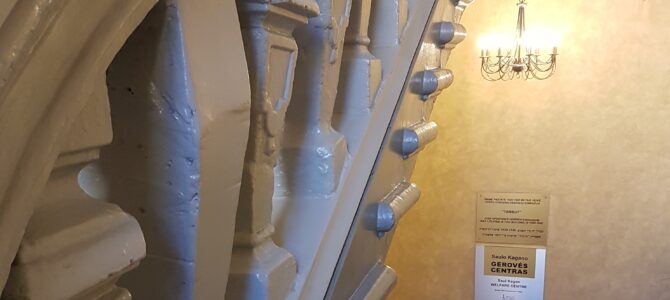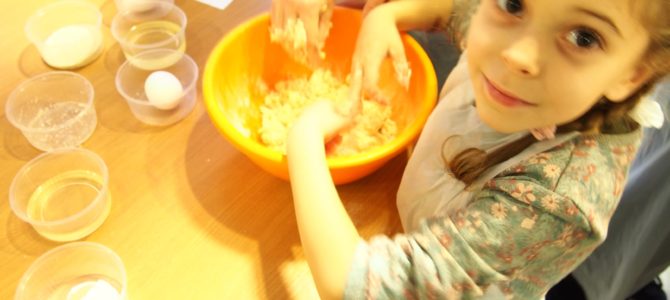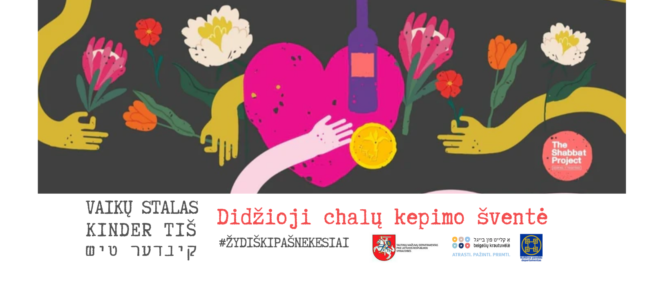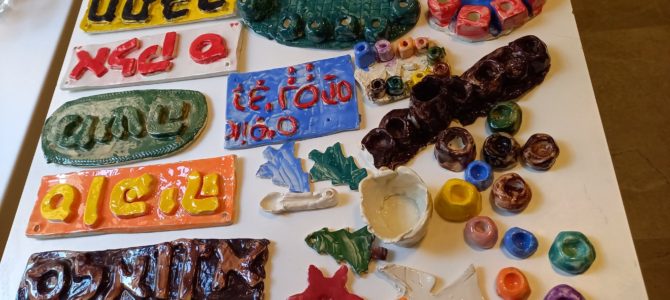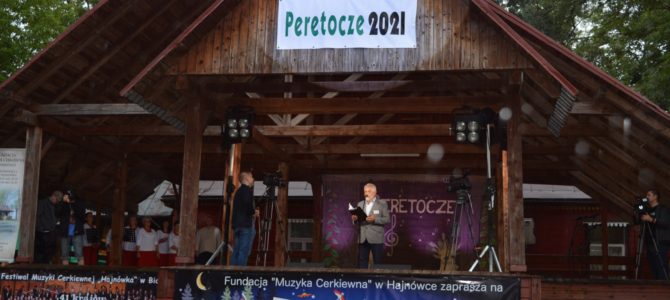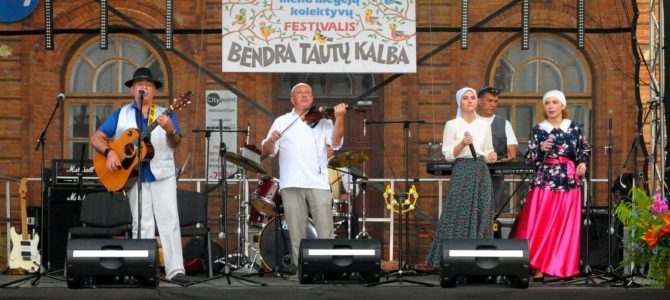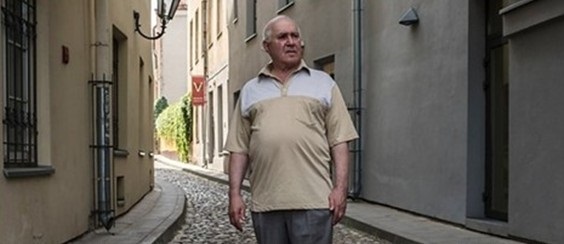Photo: Pinchos Fridberg, the only Jew left in the Lithuanian capital of Vilnius who was born there before the Nazis invaded in 1941. By Brendan Hoffman for the New York Times.
by professor Pinchos Fridberg, an alter vilner id [an old Jew born and raised in Vilnius]
“Rebe, will there ever come a time when the words Vilne and Yidish will be inseparable again?”
“Saydn nor mit Meshiakh’n ineinem.” [Not unless it comes with the Messiah.]
Introduction
The article “Как это делалось ин Вилнэ…” [This Is How It Was Done in Vilne] became the main feature for issue no. 505 of the international magazine “Мы Здесь” [We Are Here] in 2015. More than 7,000 people read it, and I began receiving letters from people whom I didn’t know.
The largest Russian-language weekly newspaper in Lithuania “Обзор” [Review] reprinted this article on its website on March 8, 2021.
The article concerns the history of Jewish Vilnius.
I think it might be interesting to non-Russian-language readers as well. *
“This is How It Was Done in Vilne…”
As I was putting my archive in order, I came across a small program for a concert to celebrate the 10th anniversary of the Jewish volunteer collectives. This program is more than half a calendrical century old. I think the reader might be interested to see “how it was done in Vilne.” The program contains over 30 photographs. I will present a few of them. I believe it has long been time for them to be revived on the wider internet.
